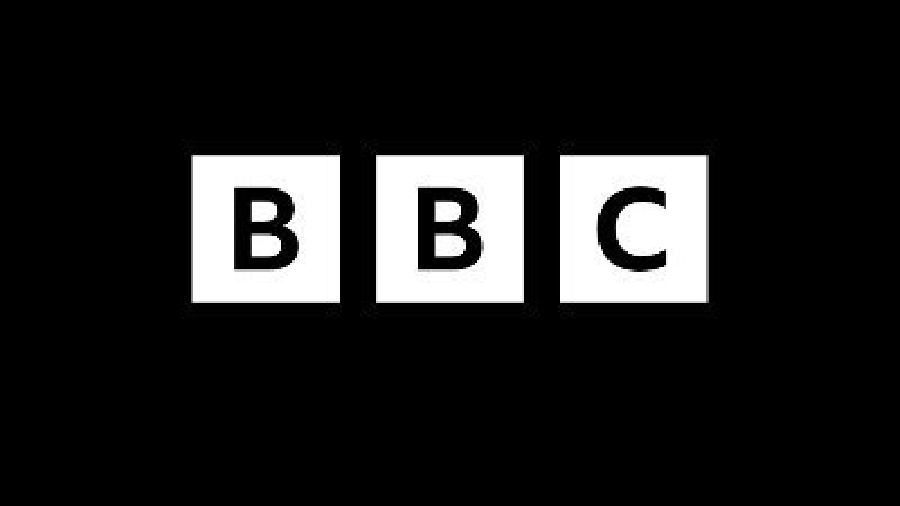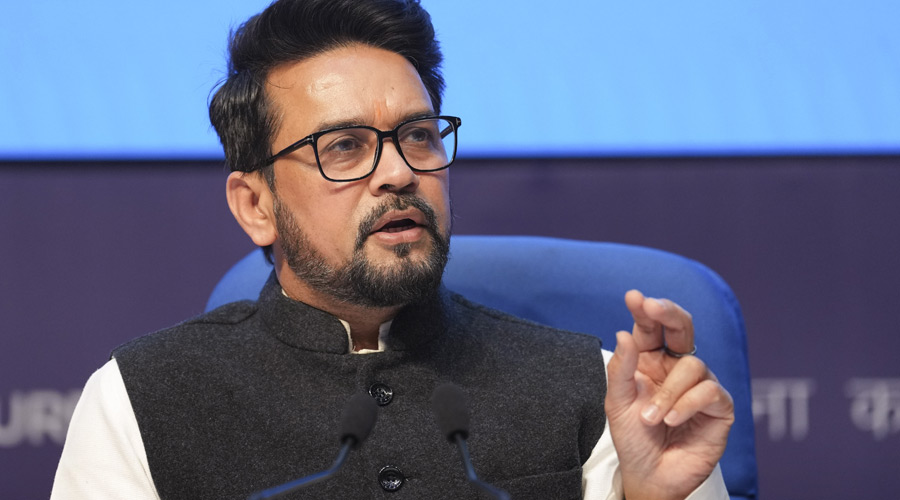The income tax “surveys” at BBC offices have upended the Centre’s efforts to project India as the “mother of democracy”, with foreign media highlighting the assault on media freedom and the larger issue of shrinking democracy under Prime Minister Narendra Modi.
Just like the government’s attempt to block the BBC documentary, India: The Modi Question, had the opposite effect and brought it more eyeballs, the tax swoop on the British public broadcaster put the international media’s attention squarely on the BJP government’s record on free speech.
Given the BBC’s global footprint, the international media took note almost in real time and sources said the British government was “closely monitoring reports of tax surveys conducted at the offices of the BBC in India”. There was no official word from either the British high commission in India or the British government till late in the evening.
Tuesday’s action was seen in the foreign media as a case of the government getting back at the BBC for producing the documentary on Modi with special focus on the Gujarat riots of 2002 on his watch and further confirmation of the shrinking space for the media in India since he became Prime Minister.
Reports in the foreign media drew a link between Tuesday’s tax “surveys” and the Modi government’s orders a few weeks ago barring the circulation of the documentary on social media platforms. Most of these reports also referred to India slipping on press freedom indices since Modi took charge in 2014.
Some other reports went further and presented a bigger picture of democratic backsliding, drawing attention to similar action against human rights organisations, think tanks and critics of the Modi government.
“There has been an increasingly pressured environment for the media since Modi came to power in 2014. Journalists and news organisations that have published work critical of the BJP government have faced harassment, raids, criminal cases and tax investigations, and India has dropped to 150 out of 180 in the World Press Freedom Index…,” The Guardian reported.
“The BBC is just the latest organisation to be hit with a tax evasion investigation following reports that have reflected poorly on the Modi government. Tax raids have been carried out on Oxfam and several thinktanks, while Amnesty International, which had documented the erosion of human rights and persecution of minorities, had to shutter its India operations in 2020 after its accounts were frozen by a central government agency,” it added.
In its report on the raids, The Independent said: “Modi’s government has in the past been accused by rights organisations of using allegations of financial misconduct to target its critics, including NGOs, journalists, news organisations and politicians.”
The New York Times reported: “The Indian authorities under Mr Modi have often used such raids against independent media organisations, human rights groups and think tanks in what activists call an effort to harass critical voices into silence by targeting their funding sources. Rights groups have repeatedly expressed concern about the dwindling freedom of the press, with journalists and activists thrown in jail for long periods or mired in court cases that drag on in India’s labyrinthine judiciary.”
“The ruling party’s increasingly thin-skinned response to criticism is in stark contrast with India’s rising stature as an emerging power, with Mr Modi frequently touting the South Asian giant’s democratic credentials on the global stage,” the report added.
France24.com, the French state-owned international news television network, said: “Press freedom in the world’s biggest democracy has suffered during Modi’s tenure, rights activists and opposition lawmakers say. India has fallen 10 spots to 150 out of 180 countries in the World Press Freedom Index… since Modi took office in 2014. Critical reporters, particularly women, say they are subjected to relentless campaigns of online abuse.”
Almost all reports quoted the World Press Freedom Index. “150. That is India’s current ranking among 180 nations on Reporters Without Borders’ Press Freedom Index for 2022. The index notes that the Indian press used to be viewed as `fairly progressive’ before Modi came to power,” wrote Forbes.
The Asia Desk of the Committee to Protect Journalists (CPJ), in a statement, urged the government to stop harassing journalists. “Raiding the BBC’s India offices in the wake of a documentary criticising Prime Minister Narendra Modi smacks of intimidation,” the CPJ’s Asia programme coordinator, Beh Lih Yi, said.












